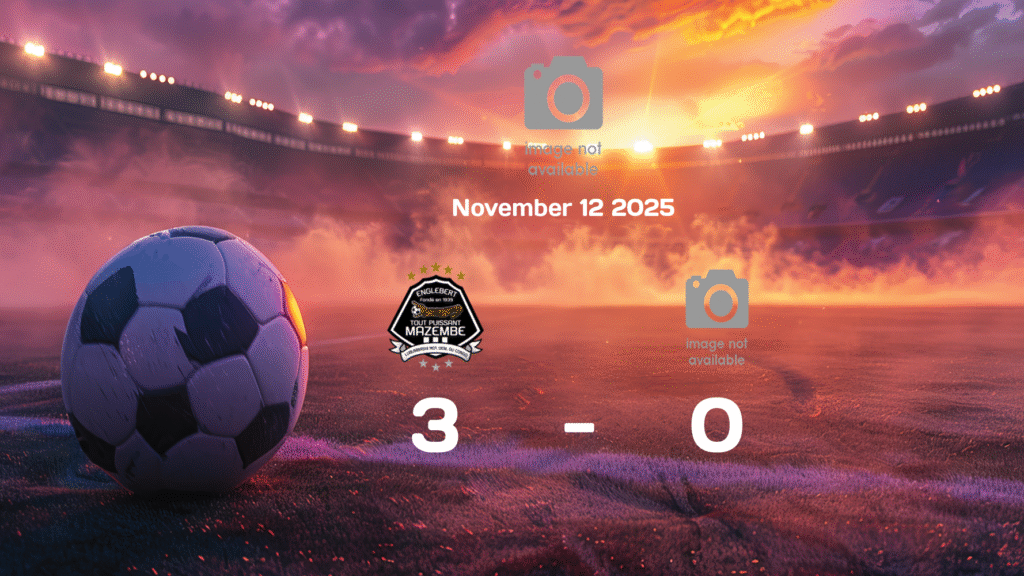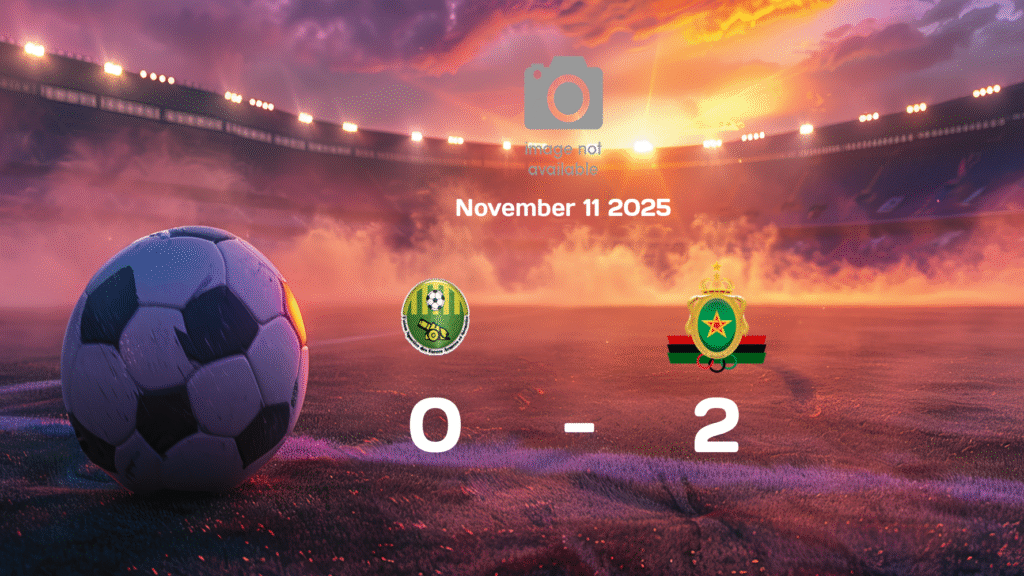Harris Faces Mixed Reactions from Black Women Voters Ahead of 2024 Election

The endorsement of Kamala Harris by President Joe Biden has sparked a mix of enthusiasm and skepticism among Black women, a crucial demographic for the Democratic Party. While some view Harris as a beacon of hope, others remain cautious, reflecting the complex dynamics of the upcoming 2024 presidential election.
Robyn Donaldson, a seasoned grassroots organizer from Chicago, epitomizes the optimism felt by many Black women following Biden’s July 21 endorsement of Harris. “I am all in for VP Harris,” Donaldson declared, her enthusiasm palpable. Having devoted two decades to mobilizing Democratic voters, Donaldson was initially disillusioned by Biden’s failure to deliver on voting rights but was invigorated by Harris’s candidacy. Her renewed commitment has led her to rally support, recruiting volunteers to engage in various campaign activities such as phone banking and door-to-door canvassing.
In stark contrast, Shaquita Jones, a 35-year-old manager at a Krispy Kreme in Atlanta, is less convinced. “I don’t know much about her,” Jones admitted, reflecting her uncertainty about Harris’s impact. With her own financial situation deteriorating—her rent nearly doubling while her hourly wage remained stagnant—Jones is hesitant to fully back Harris. She remains hopeful that Harris might bring positive changes for Black Americans but has yet to be swayed.
The Biden-Harris ticket received overwhelming support from Black women voters in 2020, with over 90% casting their ballots for them. In Georgia, this demographic was instrumental in securing a crucial victory, engaging in extensive voter registration and outreach efforts. However, with Biden’s margin of victory being narrow and recent polls indicating a potential deficit against former President Trump, the Democratic Party’s reliance on this voter base is under scrutiny.
The current economic climate, characterized by rising costs and inflation, has affected many Black women, influencing their political outlook. Jones, for instance, faces a pressing dilemma between managing household expenses and providing for her children’s educational needs. According to a recent KFF survey, 53% of Black women voters prioritize economic issues, while concerns about abortion and threats to democracy rank lower on their list.
Despite these challenges, Harris’s candidacy has energized significant segments of the Democratic base. On the day of Biden’s endorsement, over 44,000 Black women and allies participated in a Zoom event organized by Win With Black Women, a collective of intergenerational Black women. The event raised more than $1.5 million within three hours, underscoring the strong support Harris has garnered among key Democratic supporters.
Political science professor Kerry L. Haynie of Duke University notes that Harris’s candidacy has generated a level of excitement comparable to the enthusiasm observed during Barack Obama’s presidential campaign in 2008. As the 2024 election approaches, Harris’s ability to bridge the gap between enthusiastic supporters and skeptical voters will be crucial in determining the Democratic Party’s success.













